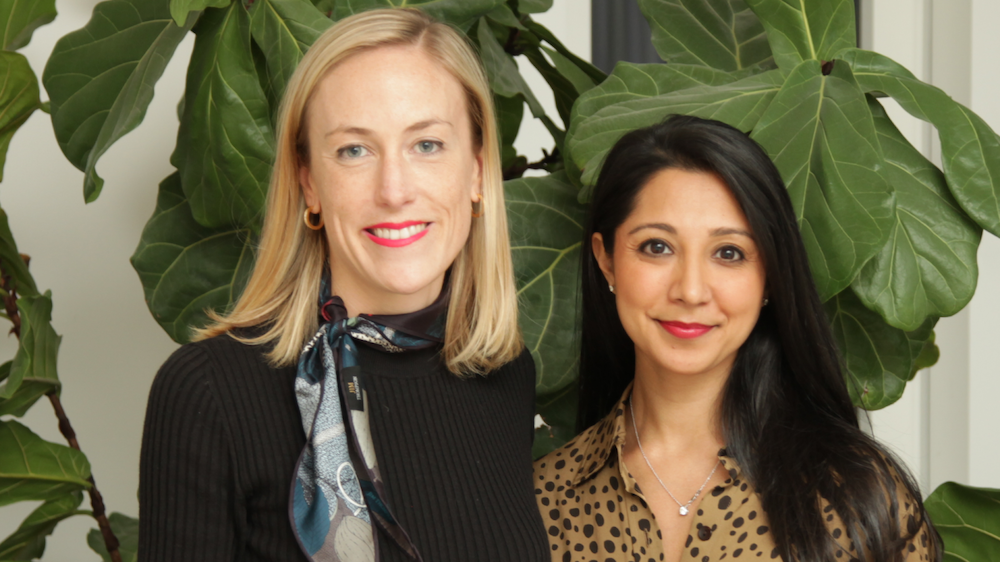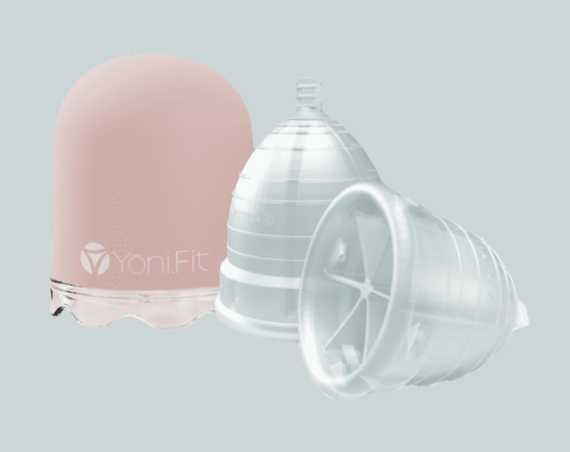
Elektra Health, a digital health company focusing on menopause care, has announced a $3.3M funding round led by UPMC Enterprises, the innovation and venture capital arm of UPMC. The round, which saw participation from Wavemaker 360 and prior investors Flare Capital Partners and Seven Seven Six Fund, aims to bridge the menopause care gap through a comprehensive care model. The new funding increases Elektra’s total equity finance to $7.6M.
Elektra Health was co-founded by Alessandra Henderson and Jannine Versi, and offers telemedicine as well as ongoing support from menopause experts, dubbed ‘menopause doulas.’ Elektra Health Co-founder Alessandra Henderson explaines: “Elektra Health’s three core pillars – education, care, and community – lay the foundation for women to not only understand menopause, but to also take actionable steps to optimize their long-term health and wellness.”
The new funds will be used to expand Elektra Health’s evidence-based care delivery platform across payers, self-insured employers, and new markets. The company has partnered with institutions like Mass General Brigham Health Plan and EmblemHealth so far. The platform’s care delivery expansion is now set to fill an urgent need in women’s health, particularly addressing the underserved area of menopause and related chronic conditions.
Kathryn Heffernan, Senior Director of Strategic Product Management at UPMC Enterprises, shares: “UPMC is interested in investing in solutions that focus on empowering women and Elektra proved to have all the elements UPMC values in this space: evidence-based education and care that prioritizes women’s health needs and drives outcomes. The goal of the Elektra platform is to fill a gap and provide innovative opportunities to strengthen the doctor-patient relationship as women move through the menopause transition.”
Elektra Health Co-Founder, Jannine Versi, adds: “We’re thrilled to have UPMC joining as lead investor for this round. They are exemplary in their dedication to holistic care for women across the lifespan, including menopause and the intersecting health needs of an aging population that has been wildly underserved to date.”



